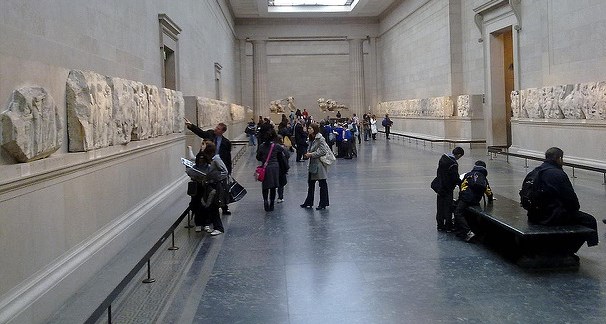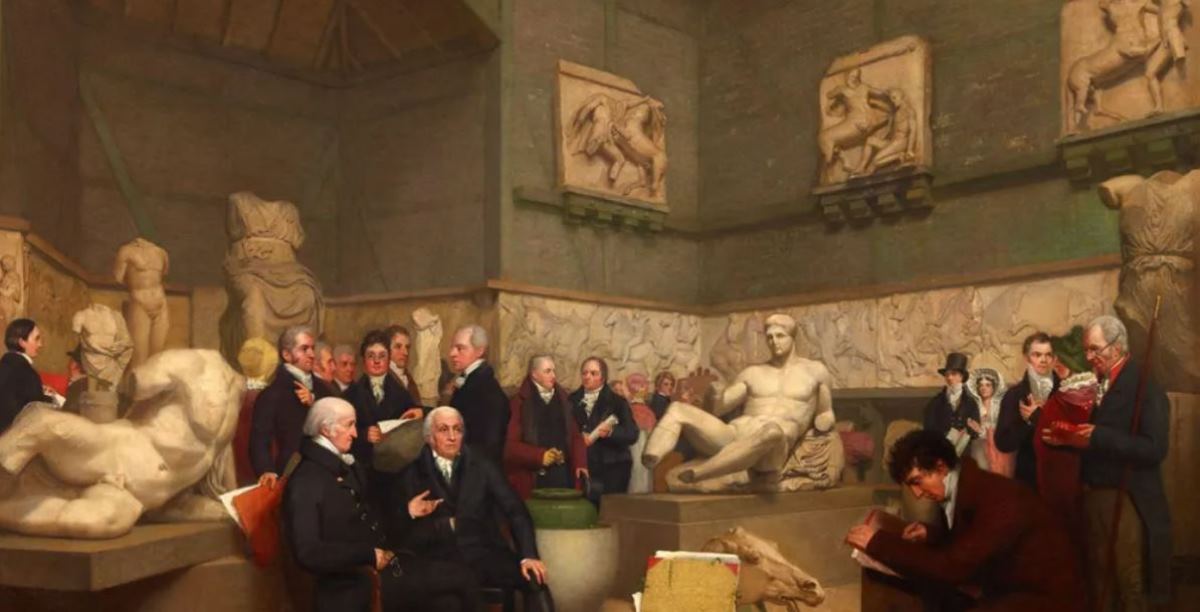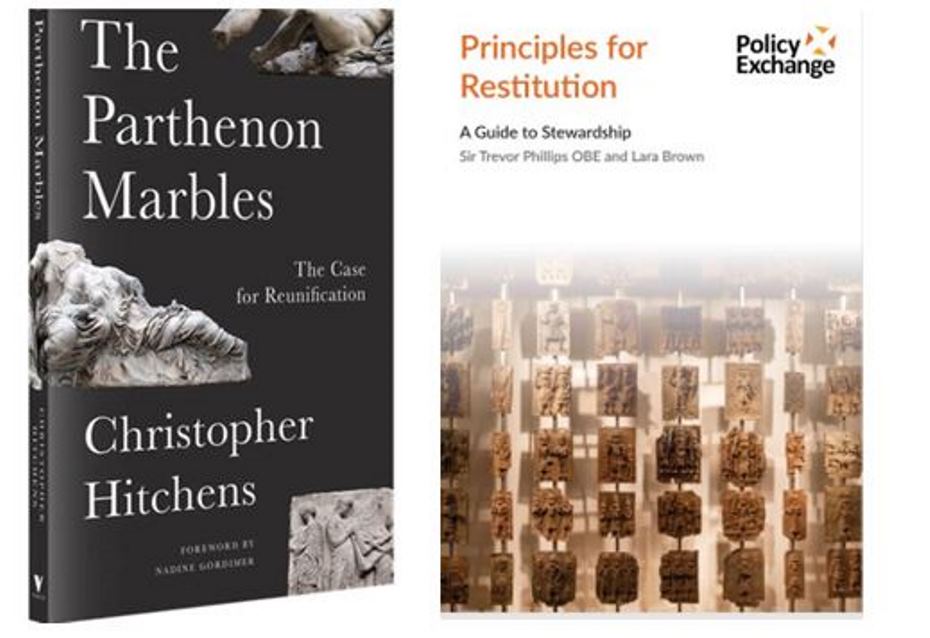
British Prime Minister Boris Johnson, gave his first interview with a European newspaper since becoming the UK’s Prime Minister. In his response to the question of the reunification of the Parthenon Marbles, he told Yannis Andritsopoulos, UK Correspondent for the Greek newspaper Ta Nea that the sculptures held in the British Museum would remain in Britain because they had been legally acquired.
“I understand the strong feelings of the Greek people – and indeed Prime Minister Mitsotakis – on the issue. But the UK government has a firm longstanding position on the sculptures, which is that they were legally acquired by Lord Elgin under the appropriate laws of the time and have been legally owned by the British Museum’s trustees since their acquisition.”, Mr. Johnson said.
Greece's Minister of Culture and Sport, Dr Lina Mendoni issued a statement on the same day to counter Prime Minister Johnson's stand on the issue of the Parthenon Sculptures.
"Upon careful review of the statements made by U.K. Prime Minister, Mr. Boris Johnson, it is clear that he has not been properly informed by the competent state services of his country, of the new historical data regarding , that show that there has was never a legitimate acquisition of the Parthenon Sculptures by Lord Elgin and, therefore neither has the British Museum ever acquired the Sculptures in a legitimate manner. The Ministry of Culture and Sports can provide the necessary documentary evidence that can inform the British people that the British Museum possesses the Sculptures illegally.
For Greece, the British Museum does not have legitimate ownership or possession of the Sculptures. The Parthenon, as a symbol of UNESCO and Western Civilisation, reflects universal values. We are all obliged to work towards this direction."
To read Minister Mendoni's statement in Greek and in English, follow the link here.
Greek Minister of Culture and Sports, Dr. Lina Mendoni
A timely reminder of Annex A in the Publication on the UK Parliament Select Committee on Culture, Media and Sport Appendices to the Minutes of Evidence:
Was the Removal of the Parthenon Marbles by Elgin Legal?
24. Abdullah Pasha issued the letter that survived in translation, as a gesture of gratitude to the British Ambassador who was at that time at the peak of his influence at the Porte because of the successful outcome of the war in Egypt. But Abdullah Pasha would not dare to issue a firman to the same effect because he would need the approval of the Sultan himself, who would probably reject Elgin's request. Consequently, the document upon which the "legality" of the removal of the Acropolis monuments is based had neither the strength of a law nor even that of a legal order of the Sultan's government, as it would have if it was a firman, but it is simply a "reference letter" supplied to the British Ambassador by the deputy of the Grand Vezir, succumbing to his persistent demands and his powerful influence at the time. The fact that such a document of inferior authority was enough for the authorities in Athens to allow the ravage of the Acropolis should not surprise us. Elgin himself later said that: "in point of fact, all permissions issuing from the Porte to any distant provinces, are little better than authorities to make the best bargains that can be made with the local magistracies"






Comments powered by CComment